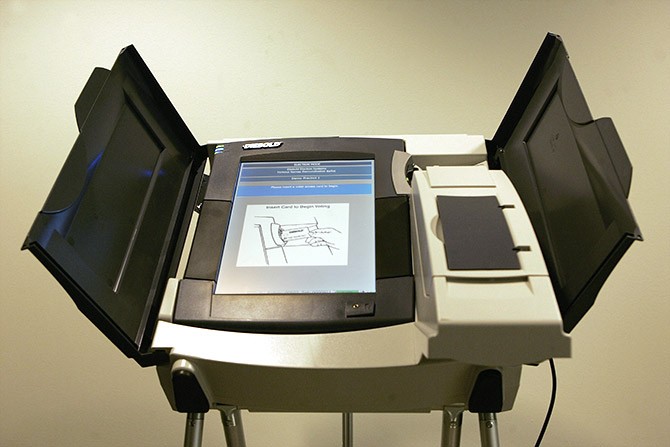
Robert Meyers, chairman of the Shelby County Election Commission (SCEC), informed Memphis Rotarians, according to the August 7th edition of the Flyer, that I do not know what I am talking about when expressing concern about our continued use of Diebold Accuvote TSX electronic voting machines. I hope the Rotarians did not take any solace from these vacuous remarks from the leader of the much maligned and censored SCEC.
Let me share some of what disturbs me about our use of these machines:
1) The software that runs the elections for our Diebold Accuvote TSX machines was never tested in the certification process relied upon by Tennessee and Shelby County in purchasing the machines. Thus this certification was corrupted and should be considered invalid.
2) Shelby County is the only county in the state to use the TSX with GEMS software without a voter-verifiable paper trail.
3) Other states have reported problems with elections run with the Accuvote TSX system. Some have decertified the machinery. Others requested changes to the software.
4) No changes have been made to our machines since they were purchased in 2006. Indeed, the SCEC has repeatedly ignored and trivialized reports of problems from other jurisdictions using the TSX as not pertinent to Shelby County.
5) The TSX machine and the GEMS software package run on a Microsoft Windows CE operating platform. The interfaces between the Microsoft and Diebold components were specifically not tested in the original certification. The interface between Diebold software and Windows 2000 has been problematic elsewhere. Microsoft has provided many patches and updates for the CE operating system over the years. None of these has been applied to our machines. Indeed, the SCEC has not even investigated these updates to determine if any would be relevant to our system’s functioning.
6) Meyers and company defend the TSX machine by stating that we have never had a problem in Shelby County. Unfortunately, the SCEC steadfastly does not look for trouble. Computer experts have demonstrated many times that these machines and the GEMS server that compiles the ballots are easy to hack. We know from previous lawsuits that at least one back door exists that would allow results to be manipulated. Our current audit procedures are inadequate. The auditors totally missed the recent problems in the County Commission District 10 Democratic primary.
7) Meyers and the rest of the SCEC were unaware that the TSX stores virtual images of all ballots cast until I informed them of this in 2013. The SCEC makes no use of this data.
8) The Diebold name became such a liability that the company changed the name of its voting machine division to Premier. In September 2009, Diebold divested itself of the voting machine division, selling it to Election Systems & Software (ES&S). Eight months later, ES&S sold Premier to Dominion, which holds the rights to the TSX machine today. Despite this, the SCEC continues to use ES&S as its support vendor for the TSX machines.
9) Meyers glibly points out that the public is protected by the presence of three Republican and two Democratic commissioners. He knows better. Most decisions by the commission are decided by 3-to-2 party line votes.
Democratic commissioners have complained about altered minutes and being asked to vote on material without time for review. Just ask former Commissioner George Monger if he had access to all the information and cooperation from commission staff that he required.
Given that we don’t have any independent verification that these machines work as claimed and that the SCEC makes only ineffectual attempts to verify the correctness of the vote count, how can the commissioners have faith in any of the numbers they certify? That remains a mystery to me.
Let us get rid of these aging, highly vulnerable, insecure, and non-updated machines and move to paper ballots with a voter verified paper trail and optical scanning.
Joe Weinberg is a physician and Democratic activist with an abiding interest in election issues and voting-machine technology.